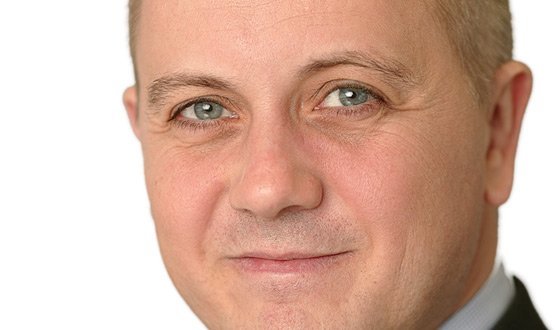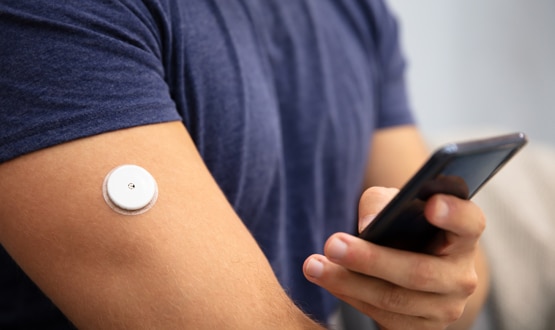Wearables info to feed records – Kelsey

Members of the public will be able to add data from wearable devices to their electronic patient record by 2018, according to Tim Kelsey, national director for patients and information at NHS England.
Kelsey made the commitment at the Health+Care event in London, suggesting that health tracking devices such as Fitbit could be used to help create personalised care plans for patients.
"We think a really important moment is for people to be able to take their wearable device and plug it into their clinical record so that, when they want to, not only can clinicians see that data, they themselves can enrich with personal insights."
Some large EPR companies are already working in this area, including Cerner and Epic in the US. In the UK, Emis is working with Apple to use its HealthKit tool to create a personal health record that doctors can access from Emis Web.
The greater use of personal data is part of wider plans from NHS England and the Department of Health to give patients more control of their own clinical records, with Kelsey confirming last week that he expects patients to be given real-time access to their full digital health record by 2018.
As things currently stand, 97% of GPs provide patients with access to a summary of their GP record online, as well as the chance to book appointments and order repeat prescriptions electronically.
Kelsey said that supporting GPs and practice managers to switch on this service was just the first phase of the plan, and now NHS England needed to do more to make sure the functionality has a purpose.
"We haven't gone out of our way to raise public awareness of the opportunity. But we are planning to do more on this."
He said that the challenge of getting GPs to switch on the functionality should "not be underestimated" and that there were "very significant pressures", including concerns about increases in workload.
Another key concern for Kelsey is to avoid “public disappointment” in the service.
“In order to make this work we need some really cool added value tools and services. If I wanted value for my medical record there are very few apps or services available I can point my data at.
"We need to encourage industry and the third sector to start looking out for the kind of innovative, add-value offerings they can offer people to make sense of the data being shared. At the moment it is a pretty limited choice."
One service that NHS England is working on in area is the creation of an endorsement model for apps. This is likely to be a four-step process as noted in the meeting last week of the National Information Board – the group chaired by Kelsey that is driving forward digital change in the NHS.
Some progress has already been made in the form of the ‘mental health app library’, which launched earlier this year on NHS Choices with several apps and digital tools that had demonstrated an ability to support people with mental health conditions, such as depression and anxiety.
Commenting on this library at the Health+Care event, Kelsey said it had led to more than 50,000 downloads for the tools it recommends.
He added that NHS England now plans to launch similar “experiments” in other areas, including diabetes, smoking cessation, maternity and end of life care.
“The NHS is not going to start making its own apps. We want to utilise the enterprise spirit of partners in the third sector as well as industry to bring added value to patients and citizens.
“What we do think we can do is support clinicians to feel confident about referring people to their services.”




